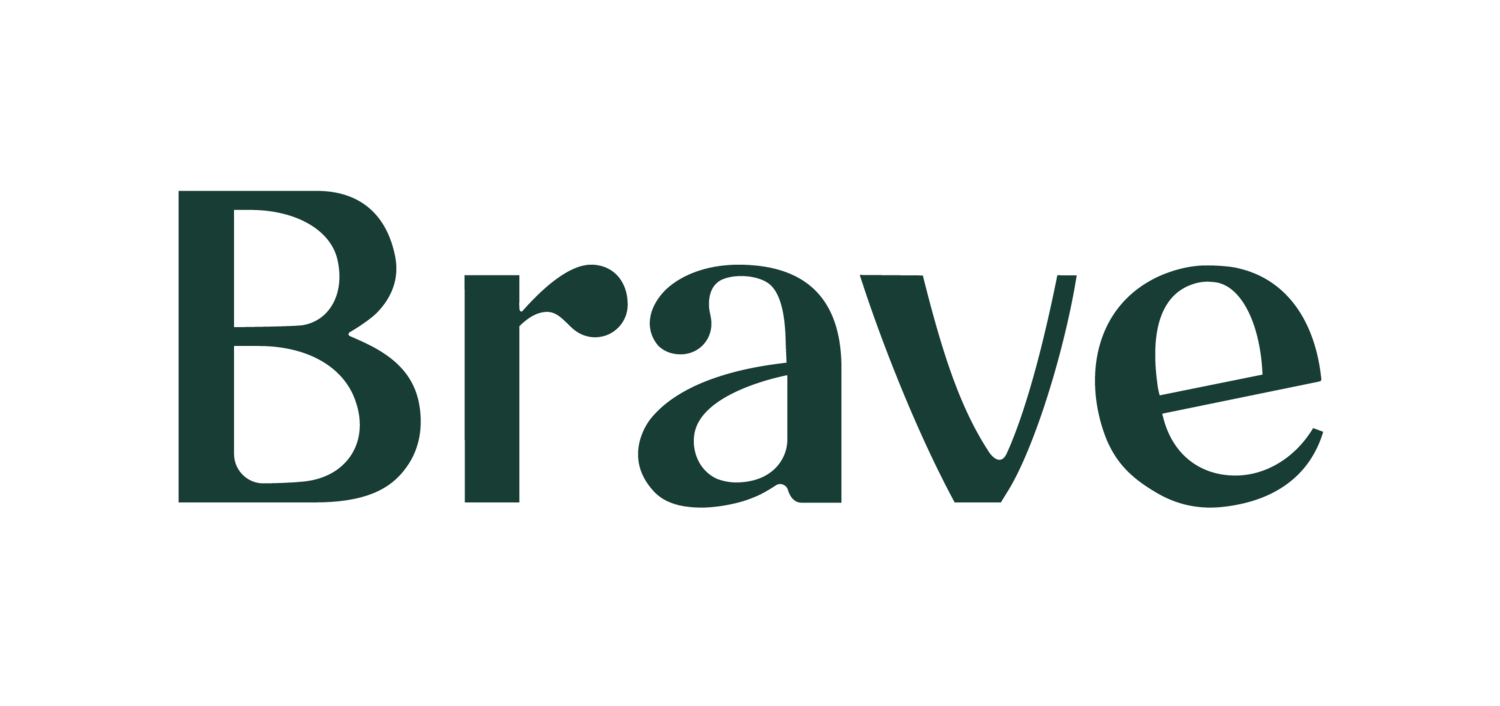WHAT’S GENDER GOT TO DO WITH IT?
We think a better question would be, “What’s gender got to do with you?” Our identities shape and filter our experiences in the world. So, if gender is a factor in your identity, then it can be a factor in your therapy, too.
SO FEM THEORY ISN’T JUST FOR WOMXN?
Correct! Feminist Theory is rooted in understanding power dynamics associated with identity.
What began as a framework that puts gender at the forefront has continued to evolve into a framework that encompasses many aspects of a person’s identity, and specifically addresses power dynamics associated with race, socio-economic status, gender, sexual orientation, and more. So, in Feminist Theory, your therapist shifts from a position of power and expertise to a an equally-aware peer who recognizes power and privilege, acknowledges their role in societal systems, and works with you to restore those imbalances.
OK, EXPLAIN. FEM THEORY IRL.
Sure, here are a couple examples of how this might play out in real life.
1. A female-identifying person may be experiencing trouble at work. With Feminist Theory, we would take into account the societal messages women receive about their role in the workplace, and the pressure on women to excel at everything. That might lead us to discover the problem may not simply be within the client. It’s likely influenced by what we’ve been explicitly and implicitly taught about gender expectations within our society. This framework empowers the client with a more complete picture of what’s happening in their lives, and how they might best move forward.
2. When someone needs a safe space to explore non-binary gender identity, Feminist Theory is ideal because, in our society, there’s an overarching myth that a person must choose only one. But that’s not true. Here, they have a safe space to declare, “this is who I am,” (or simply to ask the question: is this who I am?) without the oppressive structures that unnecessarily limit, stifle, and minimize individual identity.
LEARN MORE.
If Feminist Theory is a framework that feels useful to you, let’s talk. While therapists at Brave share this worldview, Jessica majored in women and gender studies, and is particularly passionate about practicing therapy through the lens of Feminist Theory.
Ready to learn more? Reach out today.
